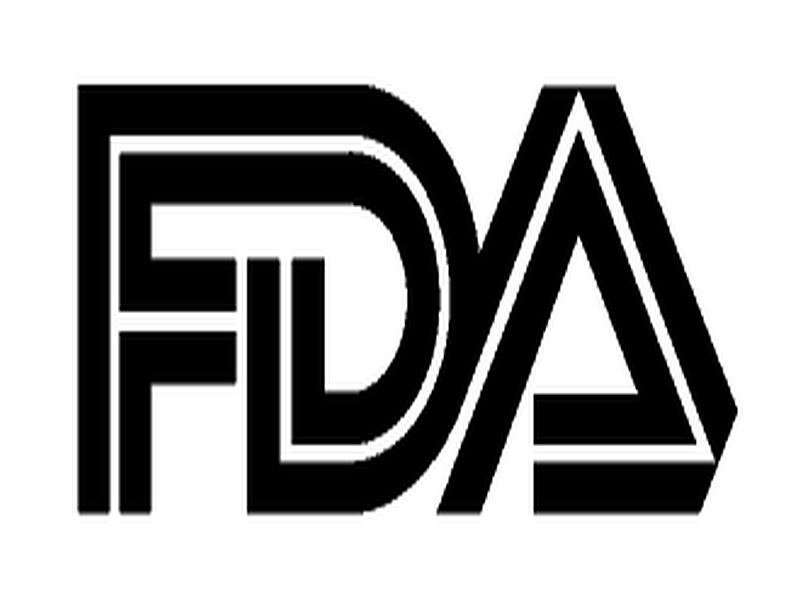(HealthDay)—Zelboraf (vemurafenib) has been approved by the U.S. Food and Drug Administration as the first drug to treat certain adults patients with Erdheim-Chester disease (ECD).
The efficacy of Zelboraf, a kinase inhibitor, was studied in 22 patients with BRAF-V600-mutation positive ECD. Fifty percent (11 patients) experienced a partial response and 4.5 percent (1 patient) experienced a complete response.
The most common side effects include arthralgia, rash, alopecia, fatigue, prolonged QT interval, and papilloma, the FDA said in a news release. Less common but more severe adverse reactions could include development of other cancers, severe skin reactions, hepatotoxicity, and kidney failure. The drug is contraindicated for pregnant women because it could harm a developing fetus, the FDA said.
"This product was first approved in 2011 to treat certain patients with melanoma that harbor the BRAF V600E mutation, and we are now bringing the therapy to patients with a rare cancer with no approved therapies," Richard Pazdur, M.D., director of the FDA's Oncology Center of Excellence, said in a statement.
The drug is produced by the Swiss pharmaceutical firm Hoffman-LaRoche.
More information: More Information
Health News Copyright © 2017 HealthDay. All rights reserved.



















